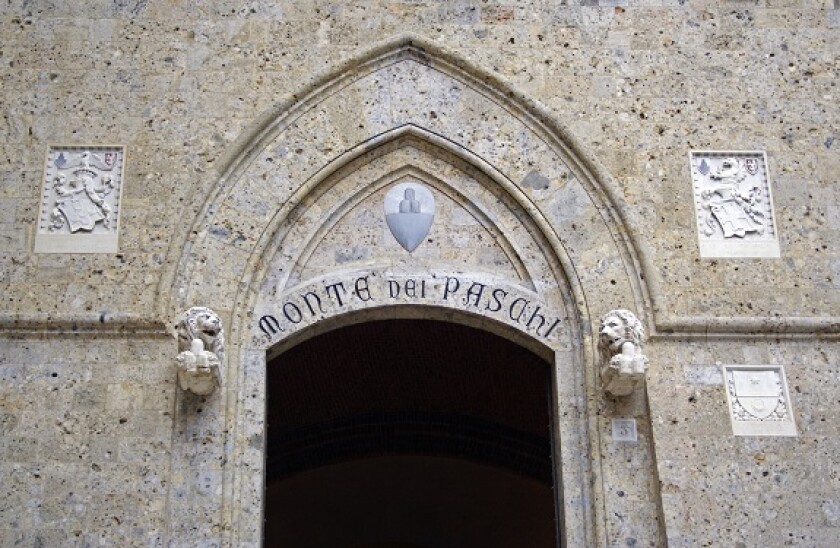UniCredit revealed last week that it is looking to buy some of the good parts of Monte dei Paschi, which is majority owned by the Italian state.
Monte’s tier twos have responded in a volatile fashion, but, overall, their valuations have risen since the announcement.
The movements will make sense if the capital instruments are transferred to UniCredit as part of a business combination.
But there’s a high chance the bonds could suffer losses if a merger goes ahead on UniCredit’s terms.
This is because the European Commission would surely determine that state aid has taken place if the treasury picks up the tab for Monte’s bad assets — including legal risks and non-performing exposures.
The EU’s state aid rules are clear that subordinated bondholders must be involved in “burden sharing” before a government hands out public support to banks.
Is the market understating the risk of burden sharing? Or does it think Italy can find a way of marrying UniCredit and Monte without triggering state aid rules?
Either way, these are worrying signs for the integrity of Europe’s crisis management framework.
After seven years under the Bank Recovery and Resolution Directive (BRRD), it appears that investors either misunderstand the rules or they’re confident they won’t be applied properly.
There are, of course, still plenty of pieces missing from the puzzle that is a merger between Monte and UniCredit.
But with the picture now taking shape, alarm bells would be ringing in a market that had a clear sense of the real rules of engagement.

